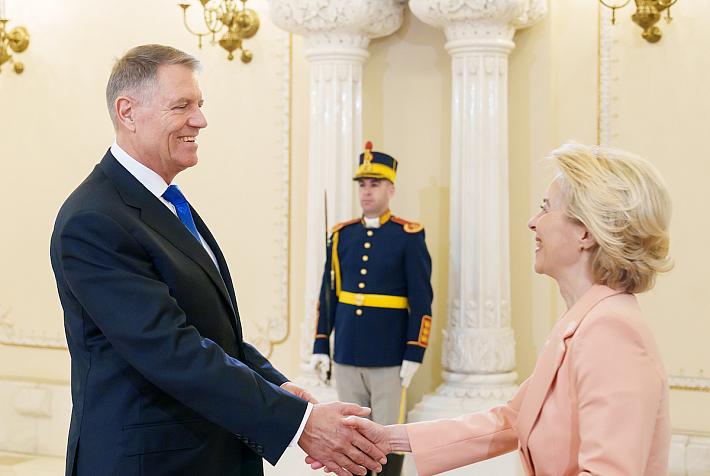Ernst & Young predicts falling Eurozone output in 2012, GDP down, but Romania's outlook optimistic

“Difficult scenarios, difficult to assess” is how Ernst & Young titled its Spring Eurozone Report. It is yet another proclamation of 'uncertainty being the only certainty' . Although the projection for the Eurozone is deemed worse than in the Winter 2011/12 Ernst & Young report, there are still wildly differing scenarios laid out.
Forecasts range from optimistic steady economic recovery to the Four Horsemen riding roughshod over Europe's finances. “Overall GDP is now forecast to fall 0.5 percent as opposed to our earlier forecast of 0.1 percent with few countries likely to escape falling output in 2012,” said Mark Otty, Ernst & Young Area Managing Partner, Europe, Middle East, India and Africa. Romania, however, could be one those few to escape falling output, if current predictions for 2012 growth pan out locally.
The threat of a Greek exit from the Eurozone and fears of a complete collapse of the single currency seem to have passed for the moment and the report suggests that the political will to save the euro and work collectively for the EU economy is strong. Austerity's strangling effect on growth is again highlighted “We forecast that collectively these government cuts have dampened GDP growth by over 1 percent for this year and next, and recognize that they will delay economic recovery,” said Otty.
This year will be “challenging,” for the Eurozone: refinancing public and private debt, ongoing fiscal austerity, tight credit conditions and more job losses are forecast to cause a contraction in economic activity and steep declines in some countries. After the 0.5 percent Eurozone GDP drop this year, Ernst & Young predicts a very modest return to growth in 2013, if, and this could be a rather large 'if', all goes well with Greece, Spain and Italy. At best, it will be the slowest recovery from recession since the 70s, but, according to Ernst & Young, “there is a risk that credit constraints and fiscal austerity are more severe and protracted than we currently envisage; in this scenario, the Eurozone would experience a deeper recession.”
European Central Bank (ECB) support is vital, according to the report, “without this, there is a risk of a series of disorderly defaults among the peripheral countries that would threaten the future of the Eurozone.” A Greek exit may well be survivable but if Portugal, Spain and others leave it will “unleash” a catastrophic series of events and ultimately “the Eurozone would be plunged into a deep, multi-year recession.”
One of the brighter spots of the economic situation in Europe, according to the report, is the implementation of reforms that would otherwise have been difficult, unpopular or failed to gain a consensus of support in the EU. What the report does not highlight, is that the economic stick has been, and continues to be, used to beat populations and governments into accepting ever greater public service cuts and harsher austerity measures. Greece has consistently pushed its population to the edge of open revolt and the dire unemployment crises in a growing number of EU countries must, at some point, create enough public pressure on national governments to respond.
The Ernst & Young report encourages greater efforts by governments to balance austerity and fiscal reform with measures to promote growth, and that the reforms, although tough, could make Europe more competitive. “Lower unit labor costs, together with other reforms, would enable Eurozone countries to tap into demand in rapidly growing markets in Asia and Latin America, which will offer ever-increasing opportunities for trade and investment over the next decade as their share of the world economy rises steadily,” reads the report.
The Ernst & Young report urges country specific reforms and mentions Europe's 'Ghost of Christmas yet to come' – aging population. The recently published EU projections for aging population make frightening reading and cast a shadow over long term economic outlooks for Europe.
Liam Lever, liam@romania-insider.com















